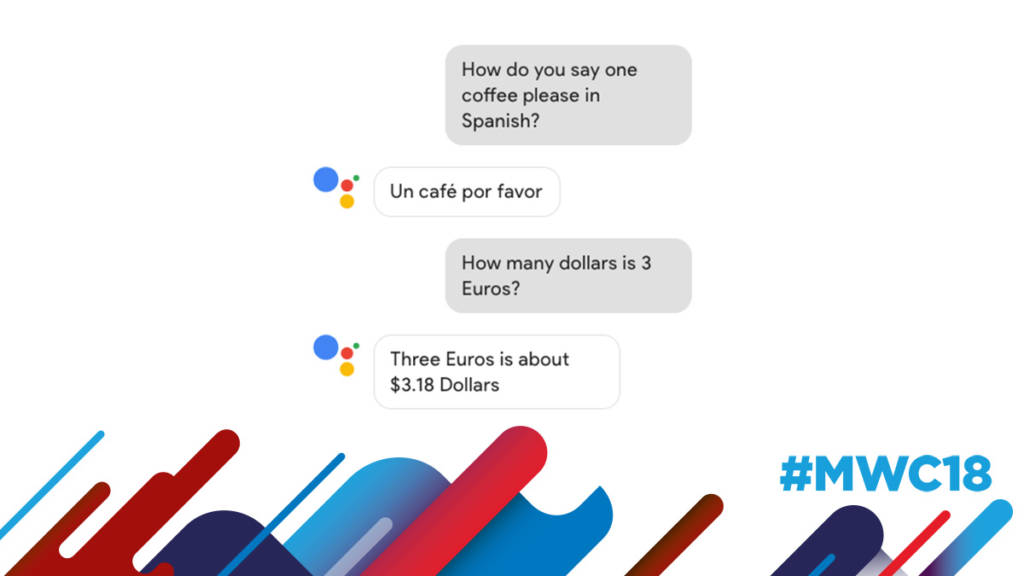As thousands of marketers and executives prepare to fly out to Barcelona for Mobile World Congress, Google has been busy preparing too, expanding its slate of voice and augmented reality offerings for a global audience.
Augmented Reality
Google is expanding its push on augmented reality, announcing that ARCore, its AR development kit, will become publicly available at Mobile World Congress this year.
“Developers can now publish AR apps to the Play Store, and it’s a great time to start building,” writes Anuj Gosalia, Google’s director of AR engineering. “ARCore works on 100 million Android smartphones, and advanced AR capabilities are available on all of these devices.”
Additionally, Google is expanding augmented reality support in a slew of international markets, beginning with China on devices by Huawei, Xiaomi and Samsung.
Google is also tying its AR efforts with its Assistant, launching a preview version of Google Lens (not to be confused with Snapchat’s Lens) for English-language users. Rather than apply 3D stickers on real-time camera views, Lens will allow users to create events and contacts, and highlight text, from previously taken photos.
“Smarter cameras will enable our smartphones to do more. With ARCore 1.0, developers can start building delightful and helpful AR experiences for them right now,” Gosalia writes.
With other brands’ AR activations garnering favor among both press and consumers, it is indeed a great time to start building.
Voice and Zero-UI
Nick Fox, Google’s vice president of product, announced today that the voice-powered Google Assistant will support more than 30 languages by year’s end, accounting for 95 percent of Android’s install base.
The Google Assistant will also become multilingual later this year, furthering efforts to make voice search and zero-UI control more seamless.
“With this new feature, the Assistant will be able to understand you in multiple languages fluently,” Fox writes. “If you prefer to speak German at work, but French at home, your Assistant is right there with you.”
Google’s other announcements, such as its partnerships with mobile device manufacturers and the release of its Routines feature, are likewise not particularly groundbreaking, but serve to further the company’s efforts to further ubiquitize its voice platform.
“We’ve been focused on making the Assistant useful throughout all parts of your day,” Fox writes.

